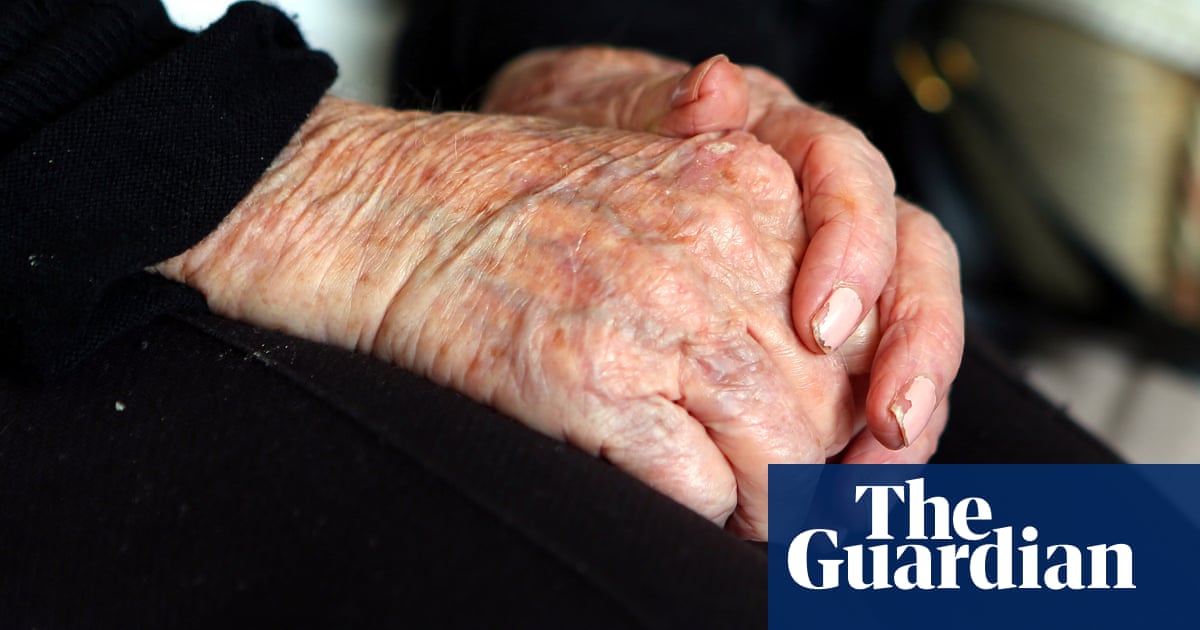
Hospital chaplains are increasingly supporting NHS medics who are giving emotional and spiritual care to people at the end of their lives in the absence of loved ones and faith representatives.
Chaplains, who offer solace and spiritual guidance to people of all faiths and none, are in many cases barred from bedsides to avoid infection being spread.
“We can’t physically be beside very ill people for the same reasons as relatives can’t,” said Simon Harrison, president of the College of Health Care Chaplains. “Much emotional end-of-life care is now being delivered by doctors and nurses. So we’re supporting medics who find themselves needing to be mindful of the spiritual and emotional needs of patients.”
There have been numerous reports of people with Covid-19 dying without the presence of close relatives. Funerals are also taking place in highly restricted circumstances, with only a handful of family members present at most, and in some cases no relatives.
On Friday, Ismail Mohamed Abdulwahab, a 13-year-old boy from Brixton, south London, was buried without his mother or six siblings present as they were in isolation following his death from Covid-19 earlier in the week.
In another case, Rabbi Neil Kraft was buried last week with no relatives present. His wife of 28 years, Susannah Kraft Levene, watched the funeral online.
The rabbi’s case was raised by John Sentamu, archbishop of York, on BBC’s Question Time. “I don’t understand why a family can’t be by the graveside or in the crematorium, provided the numbers are restricted,” he said. “People are grieving doubly.”
In response, Matt Hancock, the health secretary, said guidelines drawn up in conjunction with ethicists and faith leaders permitted close family members to attend funerals while observing social distancing.
In hospitals and care homes, chaplains are facing a surge in the need for emotional and spiritual care at a time when delivery is increasingly difficult. “We are having to be creative,” said Harrison, who is also lead chaplain for the Royal Devon and Exeter NHS trust.
“For example, is there an object that has symbolic importance to the patient that we can take into the hospital to give some comfort? Can we deliver messages of love to the patient?”
Chaplains were also supporting NHS staff dealing with the emotional challenges of the pandemic. The Rev Dr Chris Swift, director of chaplaincy and spirituality for the MHA care home charity, and a former head of chaplaincy services at Leeds teaching hospitals, said: “Due to the crisis, there are a lot of nursing staff now on the frontline who have limited experience of end-of-life care.
“Chaplains are supporting them as they are learning, and dealing with their own emotional response. To be unable to save people who are dying in respiratory distress is a very disturbing experience.”
The psychological and emotional repercussions for medics would outlast the pandemic, he added. “We will have to help people debrief and come to terms with the difficult choices they have had to make.”
The new 4,000-bed Nightingale Hospital at the ExCel Centre in London’s Docklands will have a multi-faith team of chaplains who will be “available to provide support to families and patients who want it,” an NHS spokesperson said.
Their presence at patients’ bedsides is expected to depend on safety considerations.












